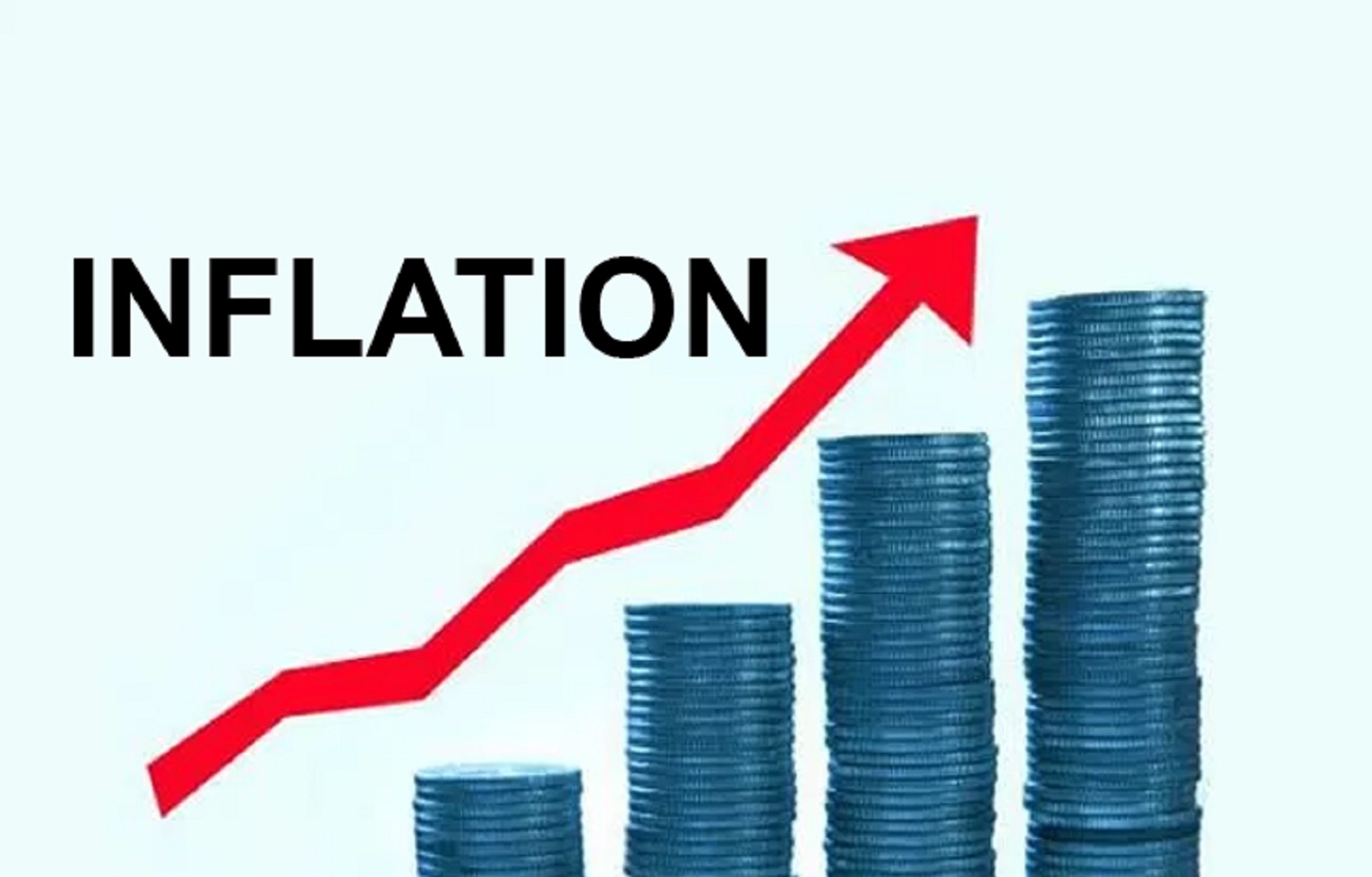July 2, 2025
Golden Anniversary Promo

Inflation, the rate at which the general level of prices for goods and services rises, can significantly impact a nation's economic growth. The effects of inflation on economic growth can be both positive and negative, depending on the rate of inflation and the economic context.
Debt Relief: Moderate inflation can reduce the real value of debt, making it easier for borrowers to repay loans. This can stimulate spending and investment by both consumers and businesses.
Encouraging Spending: Inflation can encourage consumption and investment because if prices are expected to rise, people are more likely to spend now rather than later. This increase in demand can drive economic growth.
Wage Adjustments: In some cases, moderate inflation allows for easier adjustments of wages and prices, facilitating better labor market adjustments and reducing unemployment.
Profit Margins: Businesses can benefit from inflation if they can increase prices faster than the increase in their input costs, thus expanding profit margins and potentially stimulating investment and growth.
Uncertainty and Reduced Investment: High and unpredictable inflation can create uncertainty about the future, discouraging long-term investment by businesses. Investors may demand higher returns to compensate for inflation risk, which can increase the cost of capital.
Eroded Purchasing Power: Inflation reduces the real value of money, eroding consumers' purchasing power. This can decrease consumer spending, which is a significant component of economic growth.
Distorted Spending and Saving: Inflation can distort spending and saving decisions. For example, people may buy assets like real estate or stocks as a hedge against inflation, potentially creating asset bubbles.
Menu Costs and Administrative Burdens: High inflation can increase costs for businesses due to the need to frequently change prices (menu costs) and manage more complex financial planning.
International Competitiveness: If a country's inflation rate is higher than that of its trading partners, its goods and services become relatively more expensive, potentially reducing exports and widening the trade deficit.
Most economists agree that a low and stable rate of inflation is conducive to economic growth. Central banks typically aim for an inflation rate of around 2% as it is considered low enough to avoid the negative effects of high inflation while still providing some of the benefits such as debt relief and wage flexibility.
Governments and central banks use various monetary and fiscal policies to manage inflation. For example:
The relationship between inflation and economic growth is complex and depends on the context and rate of inflation. Moderate, stable inflation can promote economic growth by reducing debt burdens and encouraging spending. However, high or volatile inflation can hinder growth by creating uncertainty, eroding purchasing power, and reducing international competitiveness. Effective management of inflation through appropriate monetary and fiscal policies is crucial for sustaining healthy economic growth.